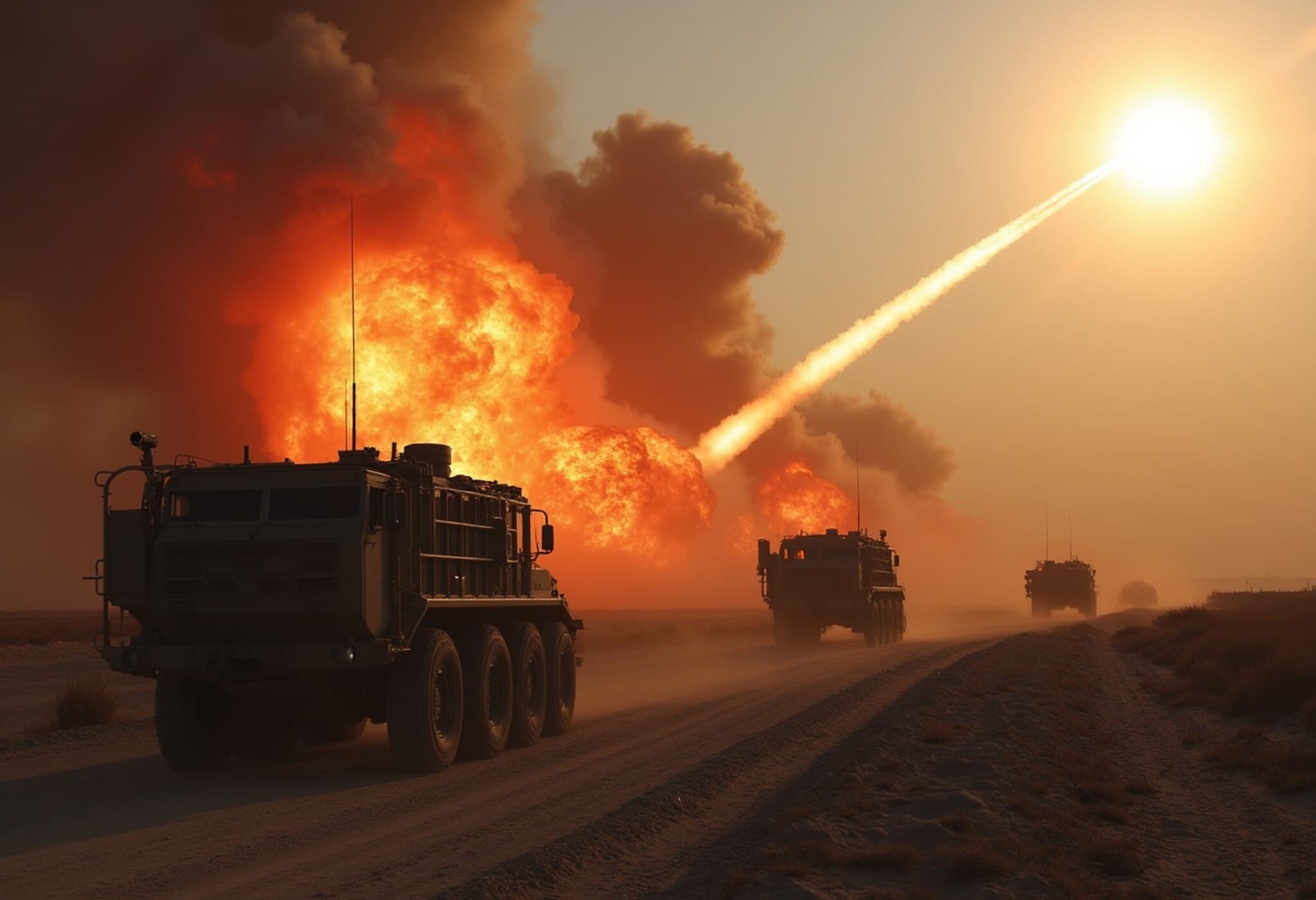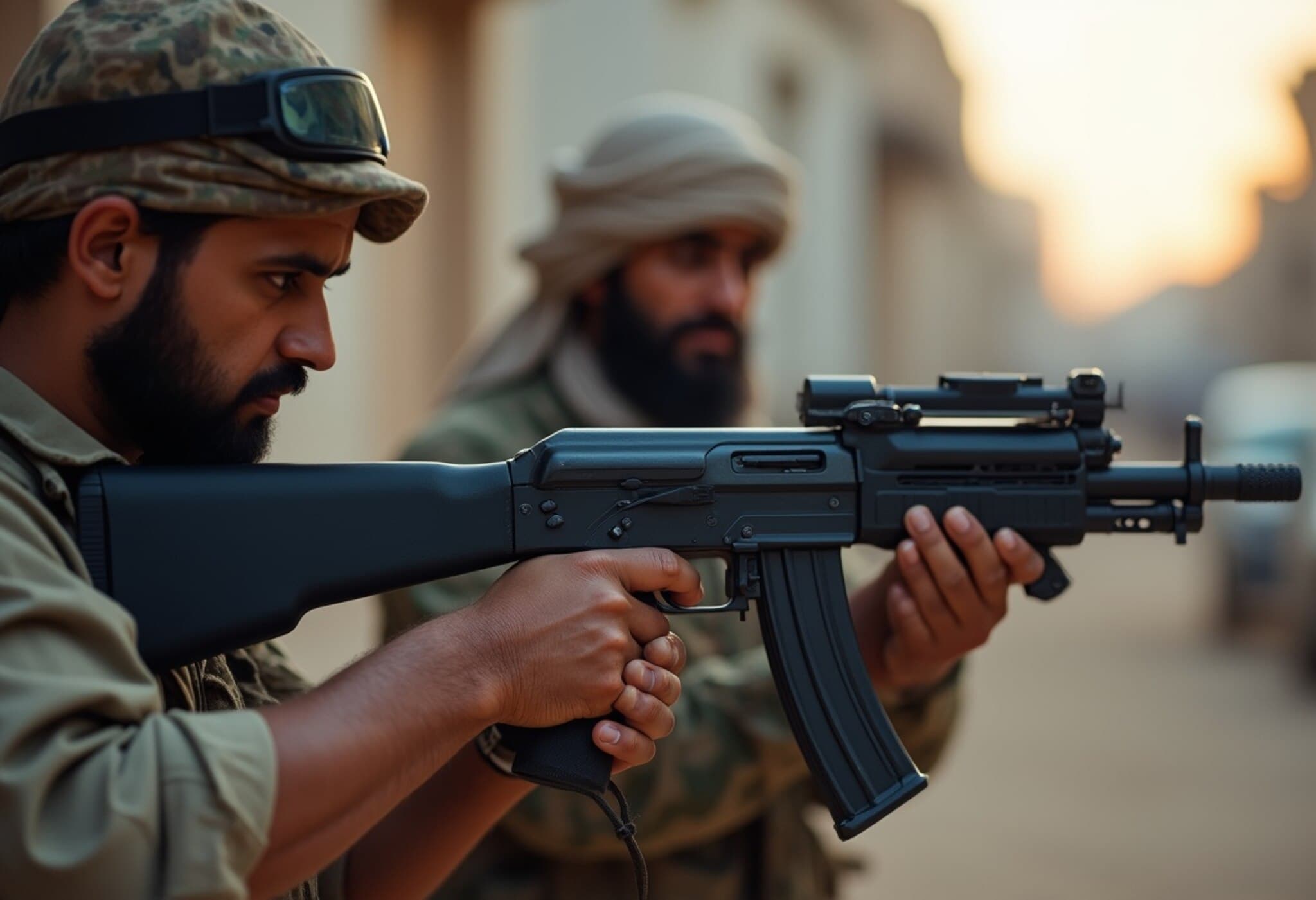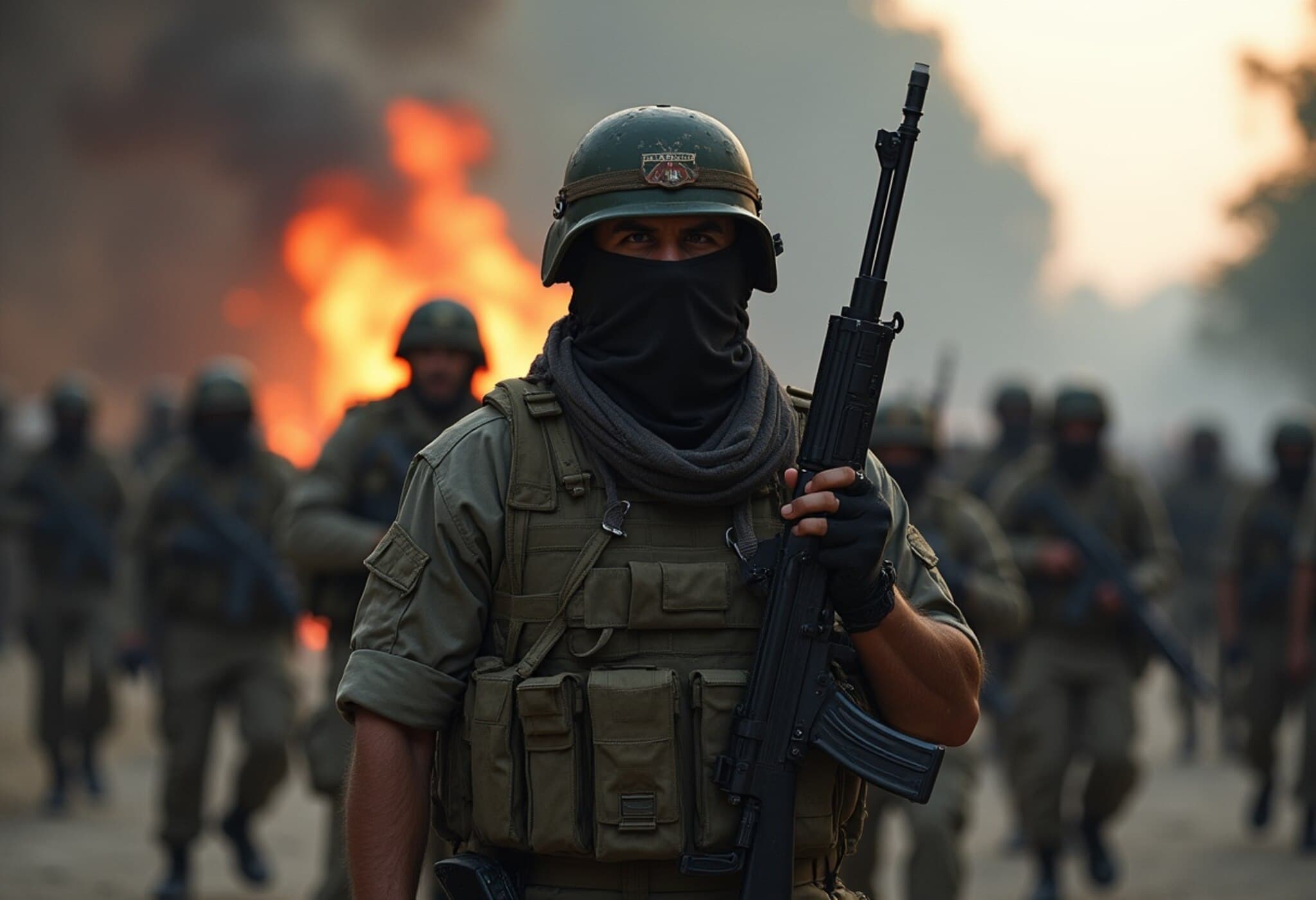European Defense Giant MBDA Linked to Gaza Bomb Components Amid Rising Controversy
Europe’s largest missile manufacturer, MBDA, has been reportedly supplying critical components for bombs deployed in airstrikes over Gaza, resulting in tragic civilian casualties, including children. This revelation comes from a comprehensive investigation by The Guardian in collaboration with Disclose and Follow the Money, shining a spotlight on the intricate web of arms manufacturing, profit flow, and ethical questions surrounding the ongoing conflict.
The GBU-39 Small Diameter Bomb and MBDA’s Role
The controversy centers on the GBU-39 Small Diameter Bomb, a precision-guided munition produced by Boeing. MBDA owns a manufacturing facility in Alabama, USA, responsible for producing the bomb’s wings—an essential component that unfolds post-launch, steering the bomb to its target with deadly accuracy. These wings are produced by MBDA Inc., a US-based subsidiary whose revenues funnel through MBDA UK and ultimately to MBDA's headquarters in France.
In 2024 alone, MBDA paid out nearly £350 million in dividends to its three major shareholders: Britain’s BAE Systems, France's Airbus, and Italy's Leonardo, highlighting the financial scale intertwined with military production.
Military Aid and the Flow of Arms to Israel
Since the Hamas attacks on Israel in October 2023, the United States has supplied Israel with an estimated 4,800 GBU-39 bombs, either purchased directly or transferred from US military stockpiles. The latest batch, consisting of 2,166 bombs, was dispatched in February 2025—coinciding with UN reports indicating nearly 70% of Gaza's infrastructure suffered destruction.
Armed conflict analysts and weapons experts have confirmed 24 independent incidents where GBU-39 bombs were deployed, resulting in civilian deaths. Many attacks reportedly occurred at night, often targeting locations sheltering displaced civilians like schools and tent camps, events documented by organizations such as the United Nations and Amnesty International, raising serious concerns about potential war crimes.
Human Stories Behind the Headlines
One particularly harrowing incident occurred on May 26, 2025, when a bomb struck Fahmi al-Jarjawi school in Gaza City. The strike claimed 36 lives, half of them children. Among the survivors was five-year-old Hanin al-Wadie, who endured devastating burns and psychological trauma after losing her parents and sister. Forensic experts at the scene confirmed fragments belonging to a GBU-39 bomb.
MBDA’s Response and the Ethical Dilemma
MBDA has stated it operates in strict compliance with all applicable national and international laws and export controls across the countries it serves. It confirmed the ongoing contract supplying Boeing with bomb wings, emphasizing adherence to existing export policies.
Yet, despite the UK government’s partial suspension of certain arms shipments to Israel, campaigners highlight a loophole: MBDA’s US subsidiary continues to operate independently, supplying components from its Alabama base without equivalent restrictions.
Expert Opinions and Calls for Accountability
Sam Perlo-Freeman, research coordinator at Campaign Against Arms Trade, argues that MBDA is profiting from military operations contributing to civilian suffering in Gaza. He urges MBDA to divest its US branch to avoid complicity in the conflict. Furthermore, he calls on the UK government to explore all possible measures, including sanctions and investment bans, to halt what some activists and international observers characterize as acts of genocide.
Such perspectives evoke broader questions about the role and responsibility of multinational arms manufacturers within geopolitical conflicts, the effectiveness of current export controls, and the complex intersection of profit and ethics in global defense industries.
Contextual Reflection: The Broader Implications for the Arms Industry
This case illuminates an urgent debate in international arms trade governance: how can democratic governments and multinational companies effectively regulate production and transfer of weapons when supply chains cross borders and subsidiaries operate under differing legal regimes? The MBDA situation exemplifies these challenges, revealing that even when one nation suspends arms sales or enforces controls, corporate structures may circumvent restrictions elsewhere.
Moreover, media and public scrutiny around civilian damage amplify the moral imperative for transparency and reform. This dynamic underscores the growing pressure on shareholders, governments, and defense firms to align military production with international humanitarian law and human rights standards.
Editor’s Note
MBDA’s involvement in producing components used in Gaza airstrikes raises critical questions about the ethical responsibilities of defense companies and the complexities of global arms supply chains. While complying with legal frameworks, firms face growing demands for greater accountability especially when products are linked to civilian casualties. As conflicts become increasingly scrutinized by international bodies and civil society, the challenge remains: how to balance national security interests, business imperatives, and the protection of innocent lives. Readers are encouraged to reflect on these tensions and question how policies and corporate actions can evolve to prevent further humanitarian tragedies.














